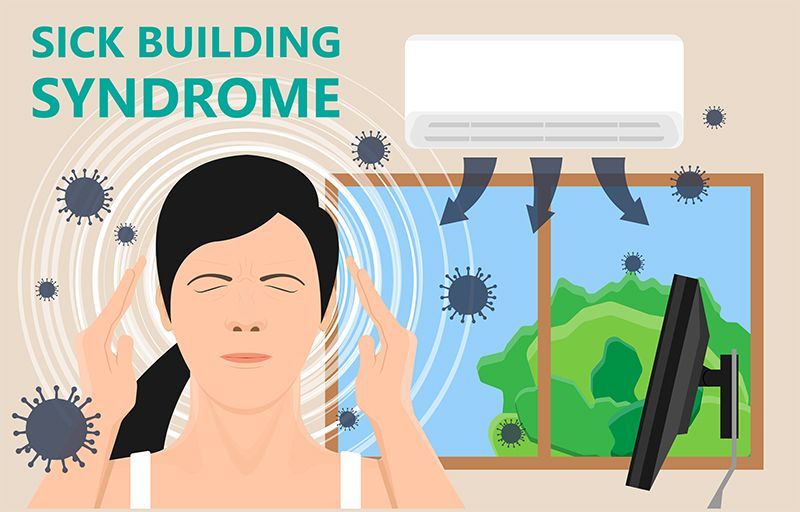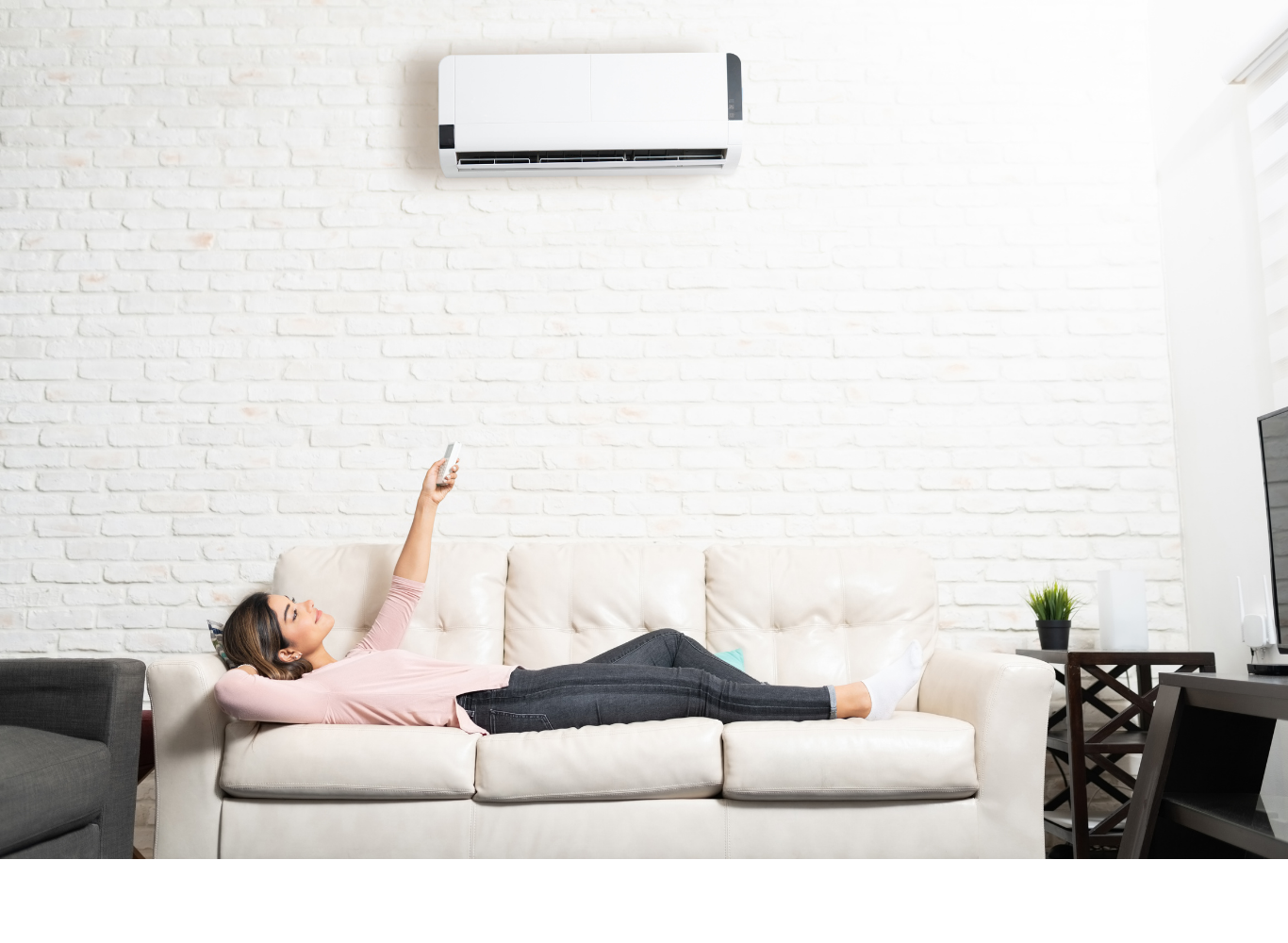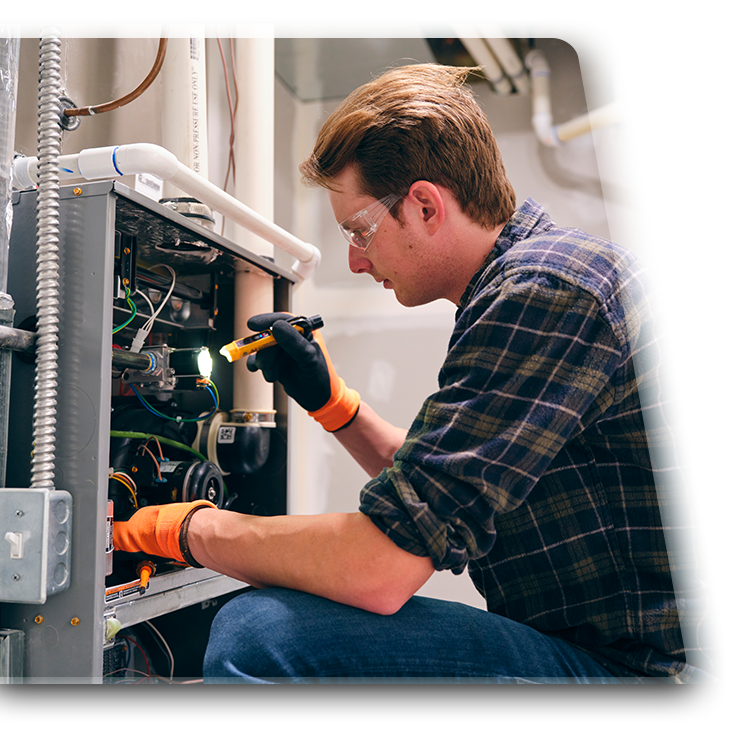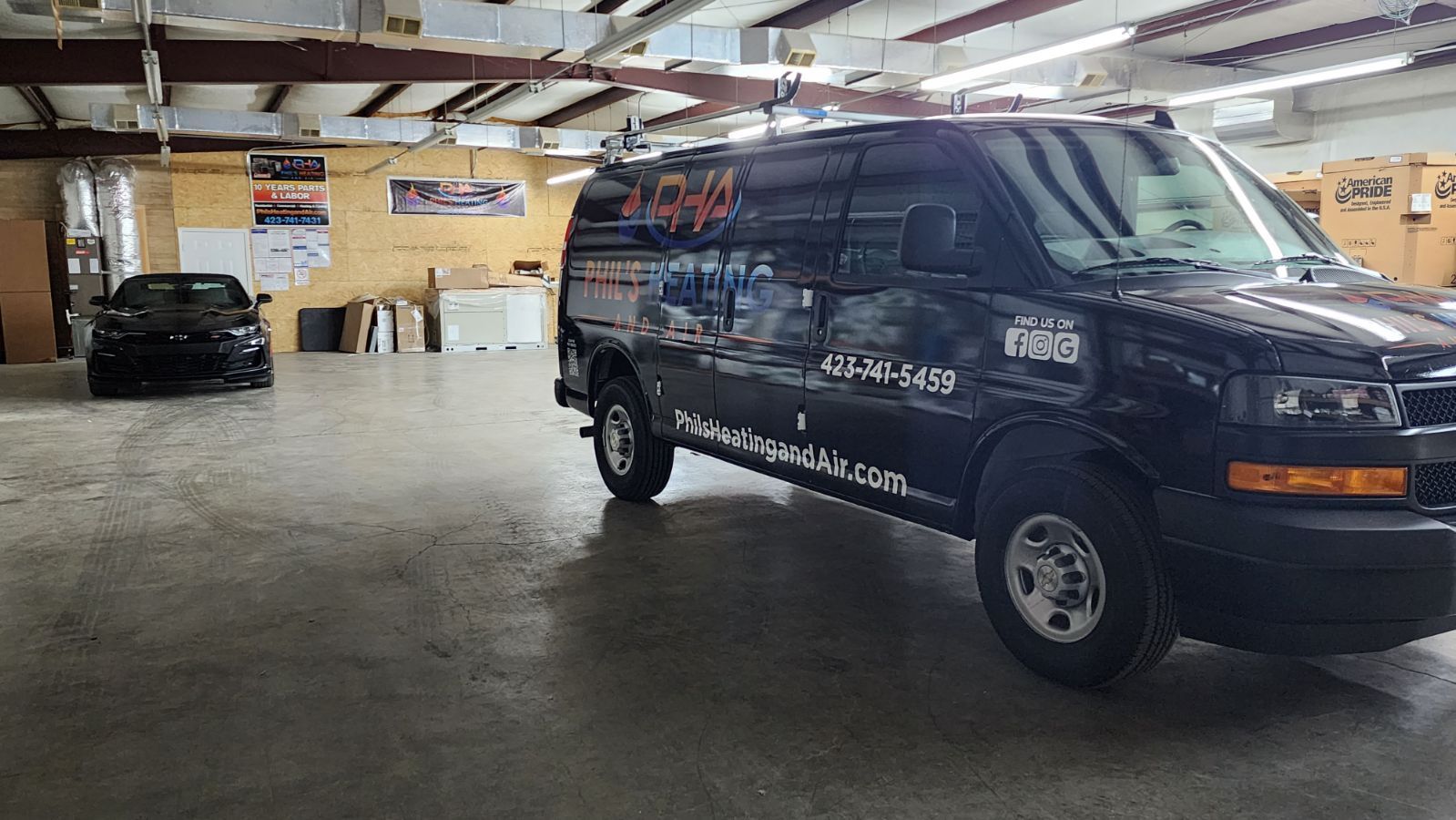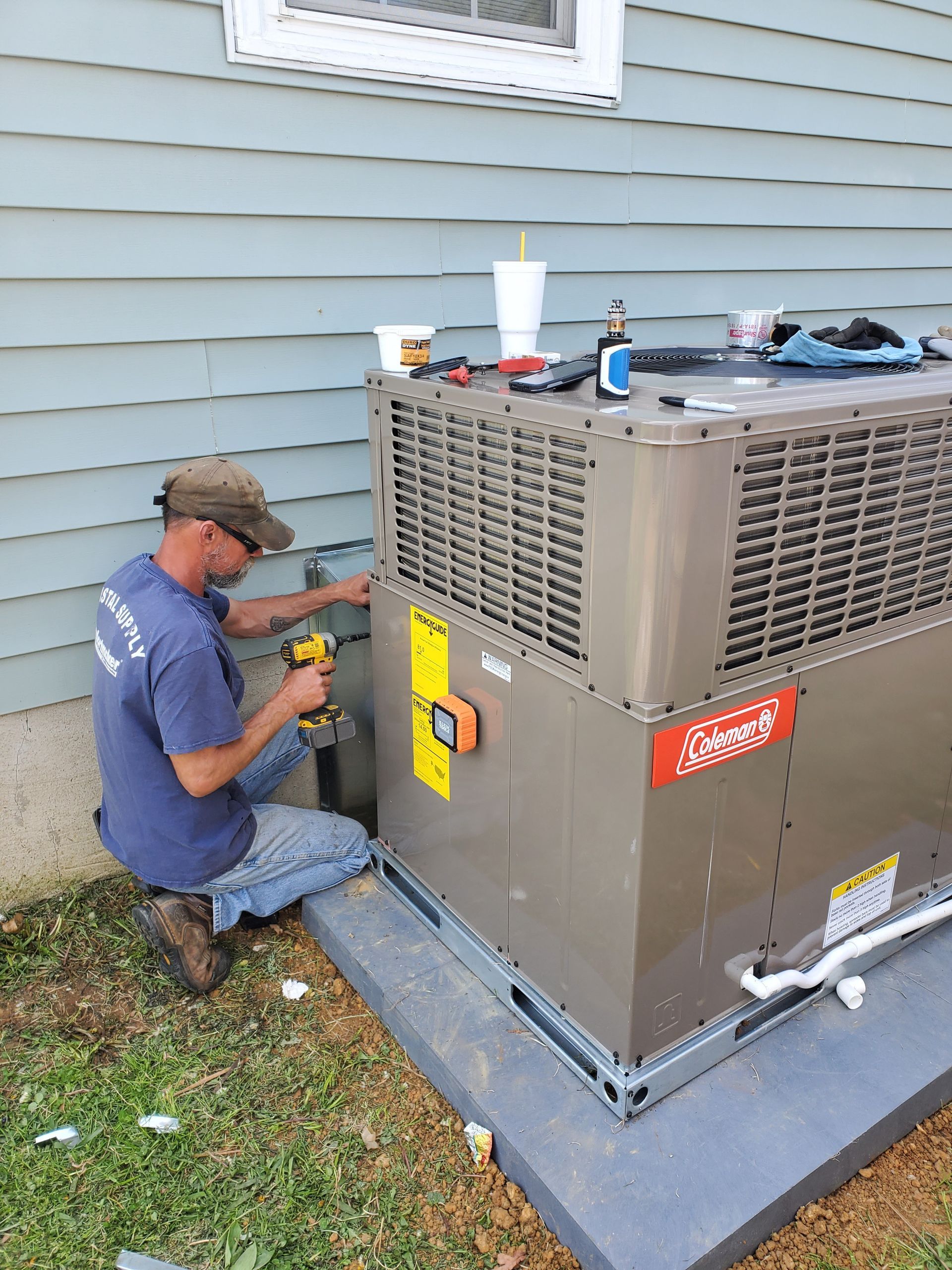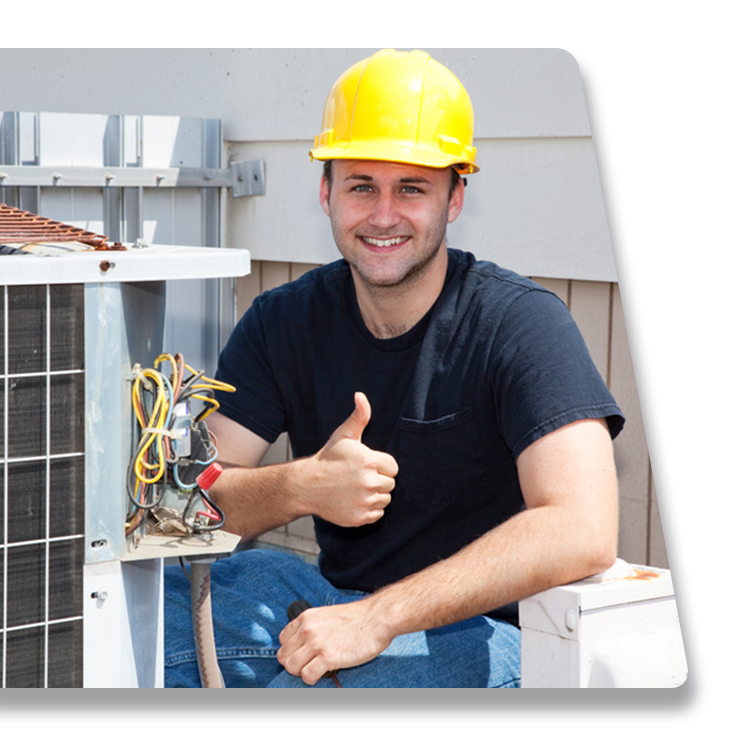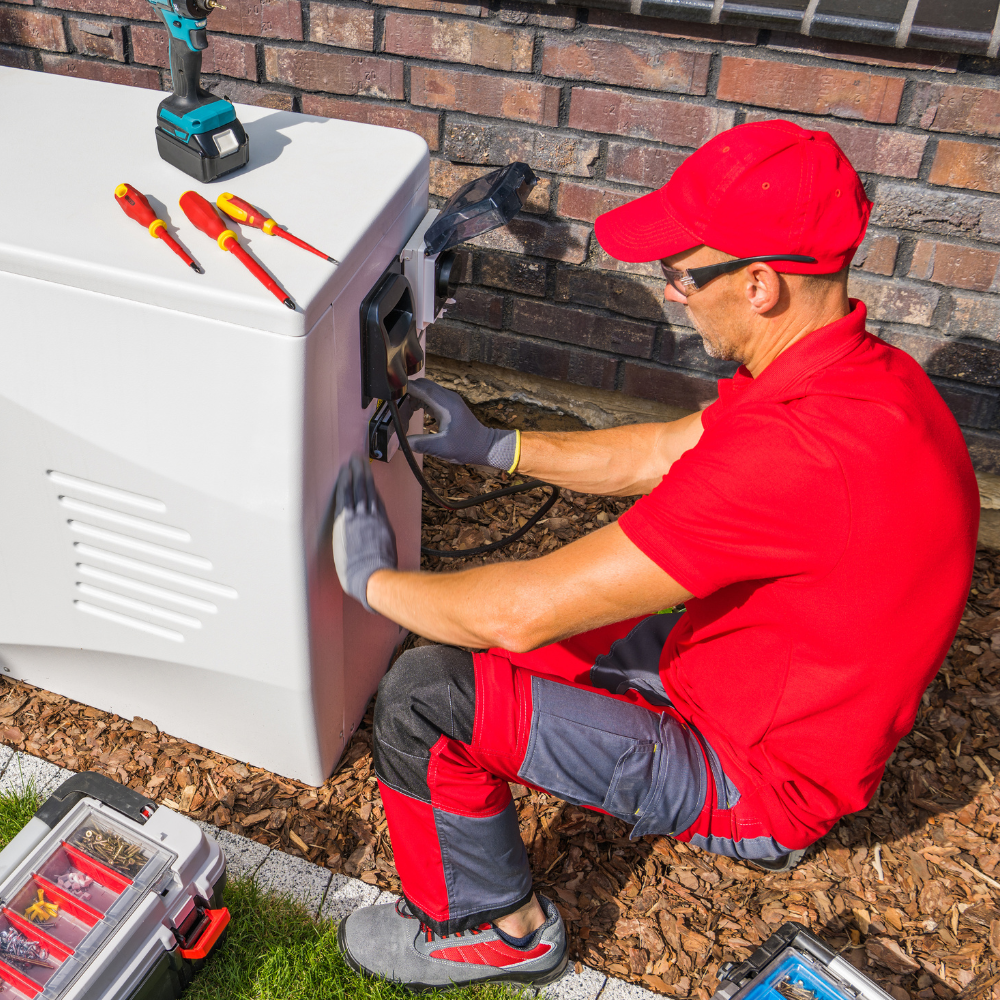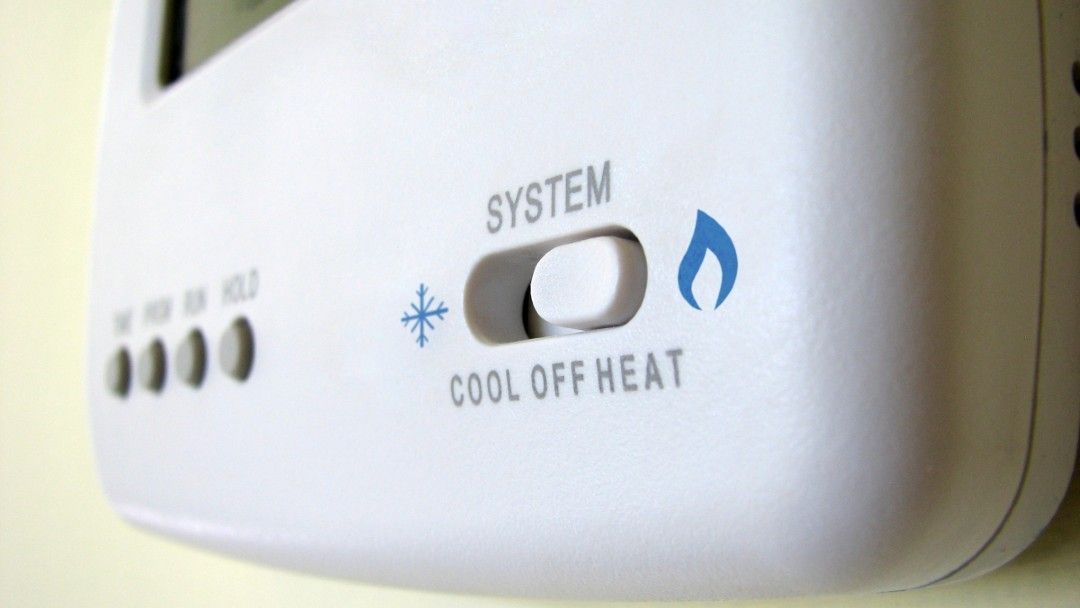BLOG ARTICLE
HVAC Humidity Problems in Tri-Cities: How Humidity Affects Your HVAC System
humidity vs. comfort
Humidity plays a crucial role in the performance of your HVAC system and the overall comfort of your home. Too much or too little humidity can lead to increased energy costs, reduced indoor air quality, and even damage to your HVAC components. Understanding the HVAC problems that come with Tri-Cities, TN humidity can help you maintain optimal efficiency and home comfort year-round.
The Ideal Indoor Humidity Level
For maximum comfort and HVAC efficiency, the optimal humidity in your Tri-Cities, TN house is between 30% and 50%. If humidity levels fall below this range, the air becomes too dry, leading to potential health issues, static electricity, and damage to wooden furniture. On the other hand, excessive humidity can make your home feel muggy, encourage mold growth, and put additional strain on your air conditioning system.
How High Humidity Affects Your HVAC System
- Increased Cooling Load: High humidity makes indoor air feel warmer than it actually is, forcing your air conditioner to work harder to maintain the set temperature. This increased cooling demand results in higher energy bills and accelerated wear and tear on HVAC components.
- Reduced Energy Efficiency: When excess moisture is present in the air, your AC system must dehumidify the air before cooling it. If your system isn't equipped with a dehumidifier, this process takes longer and consumes more energy, reducing overall HVAC efficiency.
- Short Cycling: High humidity can cause your air conditioner to short cycle, turning on and off frequently. This not only increases HVAC system wear and tear, but also leads to inconsistent indoor temperatures and higher energy consumption.
- Mold and Mildew Growth: Excessive moisture in the air creates an ideal environment for mold and mildew, which can clog your HVAC system’s filters, coils, and ducts. This leads to poor indoor air quality (IAQ) and potential health risks for occupants.
How Low Humidity Affects Your HVAC System
- Increased Heating Costs: Dry air holds less heat, making your home feel colder than it actually is. This can lead to overuse of your heating system, resulting in higher energy bills during the winter months.
- HVAC System Strain: When humidity is too low, your heating system must work harder to maintain a comfortable temperature. This extra strain can cause premature wear and tear on your furnace or heat pump.
- Dry and Cracked Components: Low humidity can cause certain HVAC system parts, such as rubber seals and belts, to dry out and crack over time, leading to unexpected HVAC repairs.
Energy Efficiency Tips for Managing HVAC Humidity Problems in Tri-Cities, TN
- Use a Whole-House Dehumidifier: Installing a dehumidifier can help remove excess moisture, improve indoor air quality, and reduce the workload on your HVAC system.
- Install a Humidifier for Dry Months: A whole-house humidifier can prevent overly dry indoor air, keeping your heating system from overworking during colder months.
- Upgrade to a Smart Thermostat with Humidity Control: Many modern smart thermostats include humidity sensors, allowing you to monitor and adjust humidity levels for optimal comfort and efficiency.
- Ensure Proper HVAC Maintenance: Routine HVAC maintenance, including cleaning coils, replacing filters, and checking for leaks, helps ensure your system is running efficiently and managing humidity effectively.
- Seal Leaks and Improve Ventilation: Proper insulation and ventilation can prevent excess moisture buildup and help your HVAC system maintain a balanced indoor climate.
Key Takeaways
- Ideal indoor humidity levels should range from 30% to 50%.
- High humidity can lead to increased energy costs, system strain, mold growth, and poor indoor air quality.
- Low humidity can cause higher heating costs, HVAC wear and tear, and uncomfortable indoor conditions.
- Investing in humidifiers, dehumidifiers, smart thermostats, and proper HVAC maintenance can optimize your home's humidity levels and improve overall energy efficiency.
Maintaining balanced humidity levels is essential for keeping your HVAC system running efficiently, reducing energy costs, and ensuring a comfortable home environment. If you're experiencing humidity-related HVAC issues, consider scheduling a professional HVAC inspection to manage your Tri-Cities HVAC humidity problems today! Call us at (423) 741-5459 for speedy HVAC services today.
SHARE THIS BLOG POST
MORE HVAC TIPS & TRICKS
Related BLOG Articles

